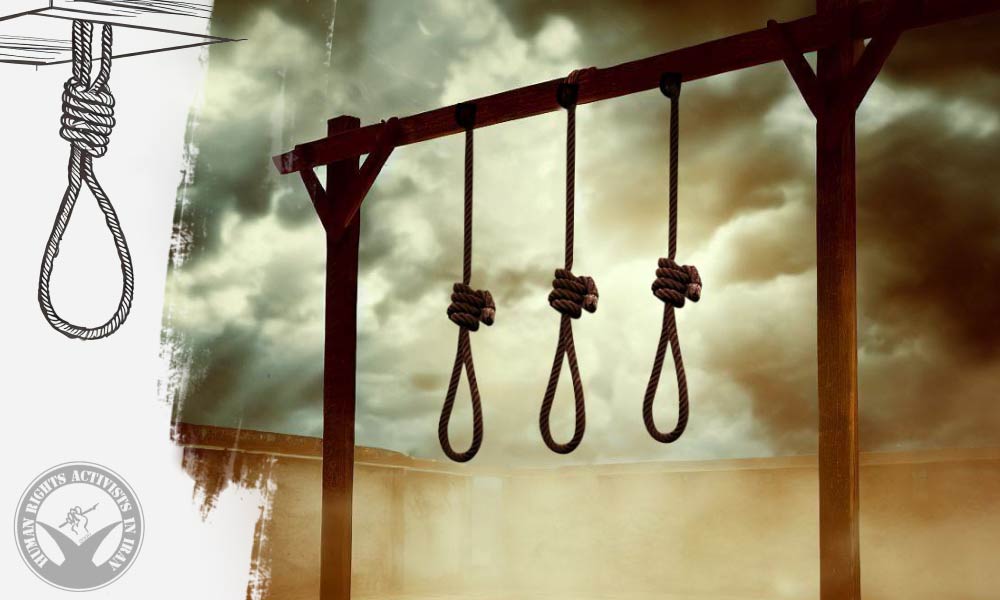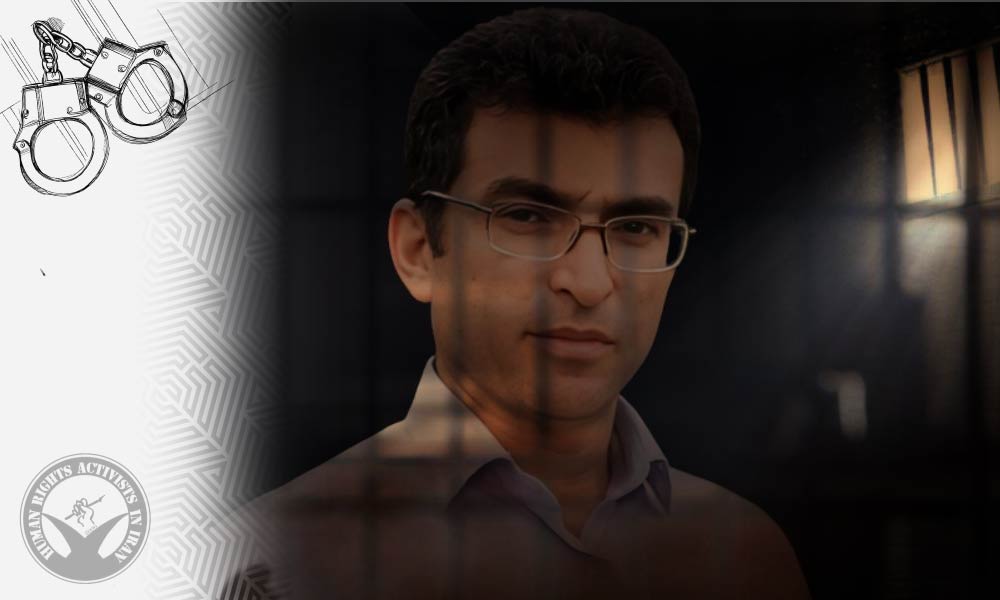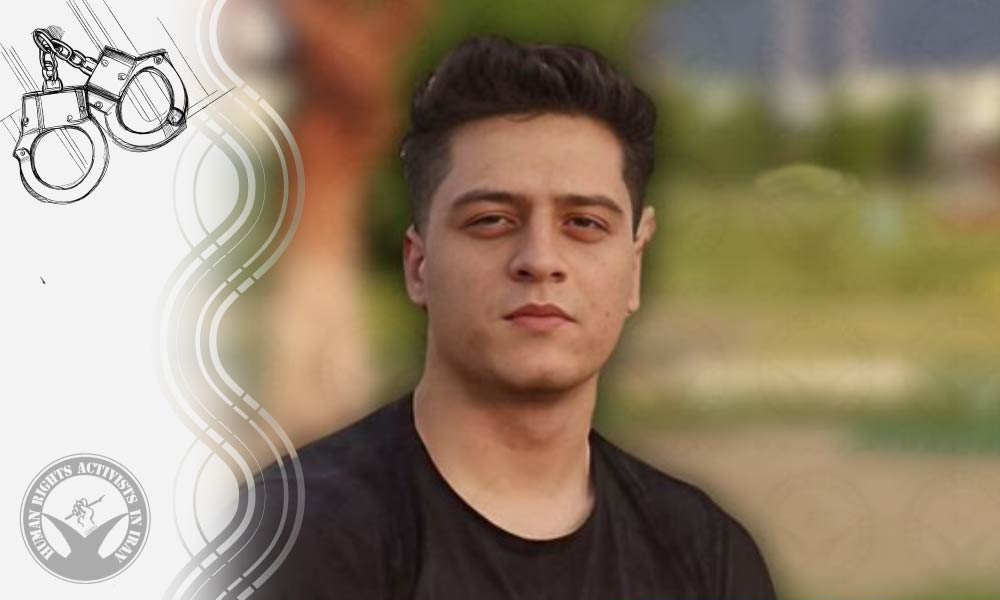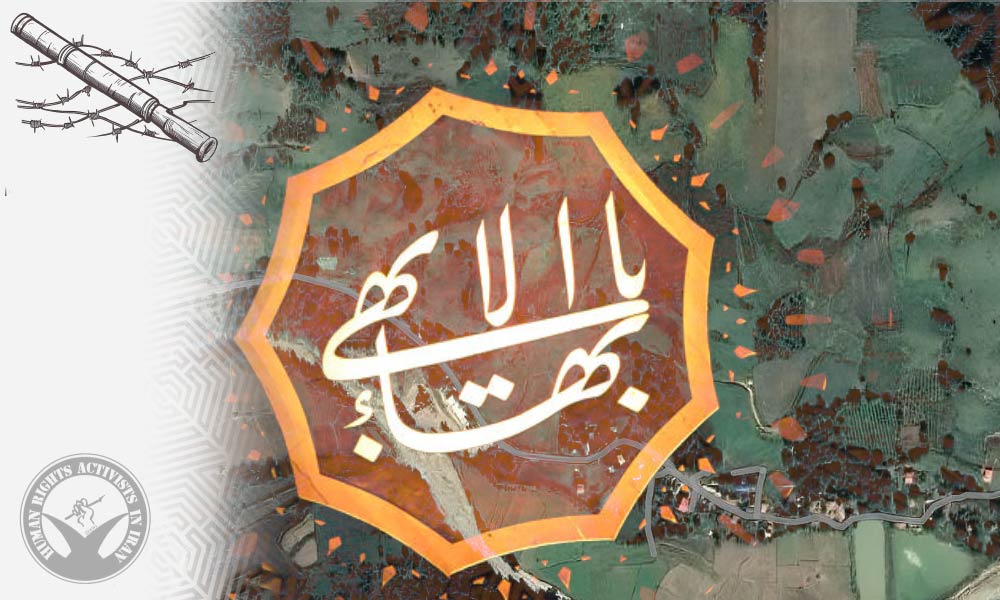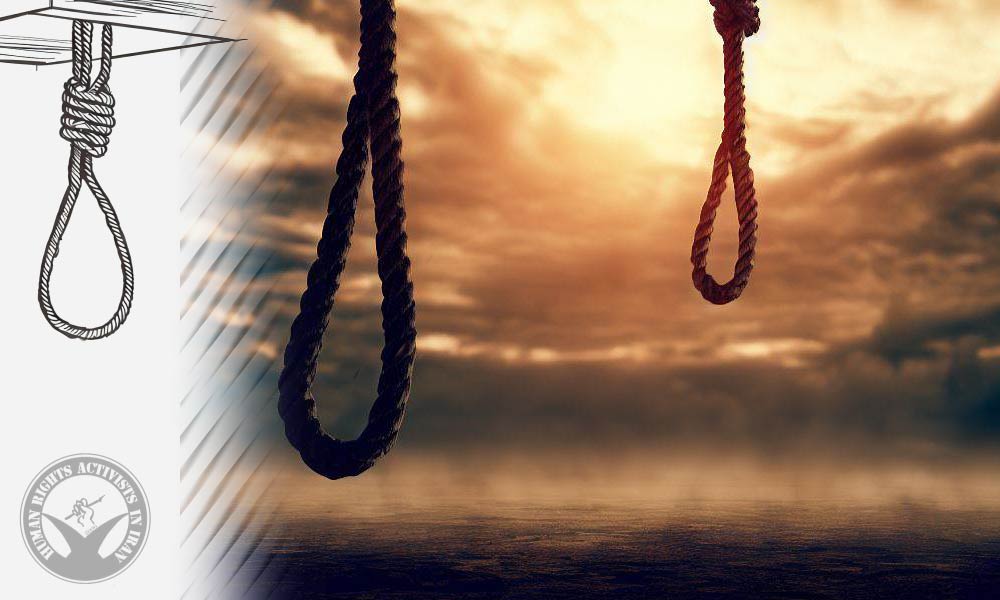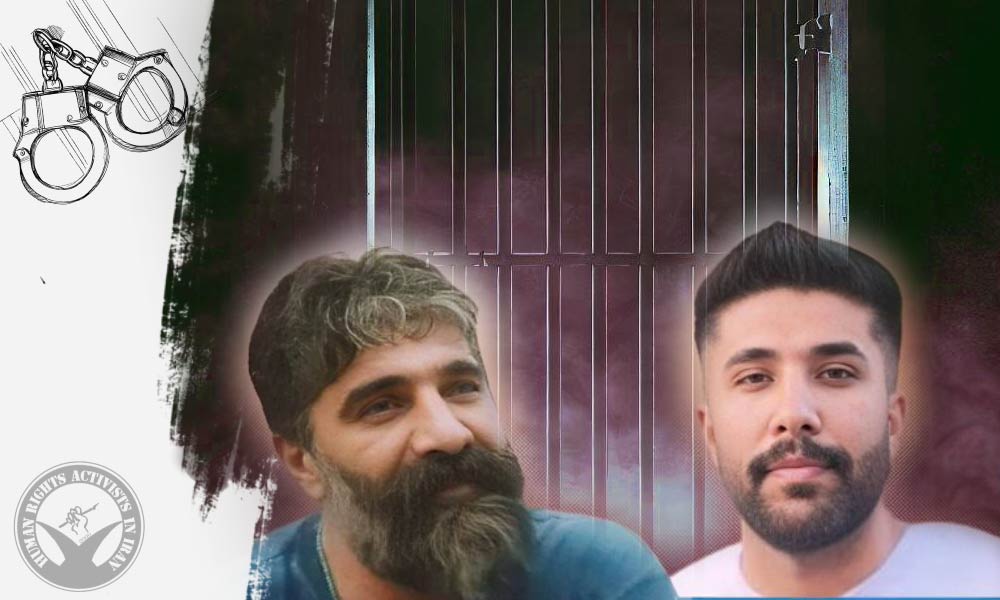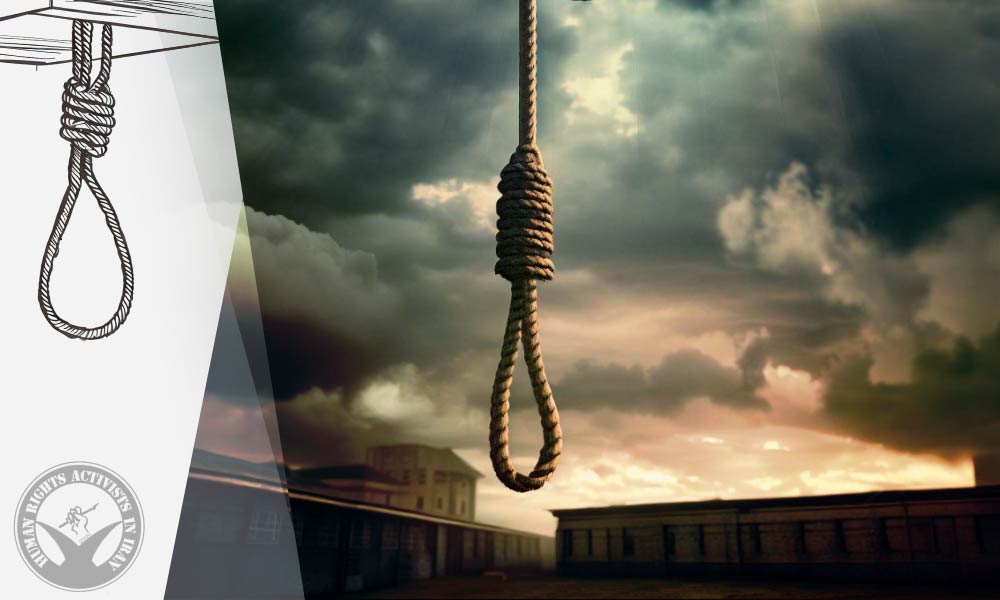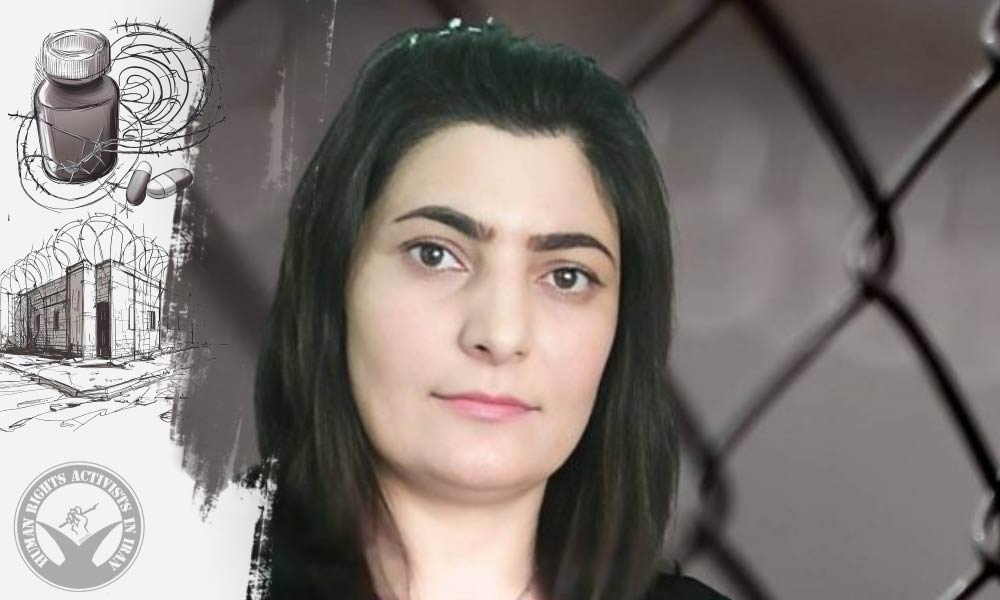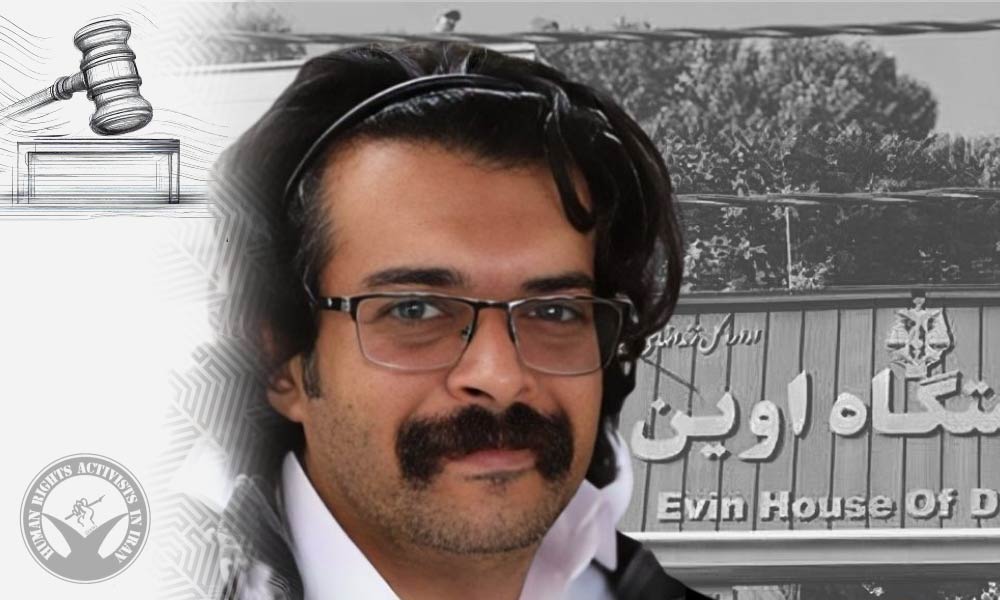On January 17, 2024, Ghezel Hesar Prison executed three inmates convicted of drug-related crimes.
HRANA has identified two of them as Iman Sha’abani and Bahman Fathollahzadeh. The third inmate is an Afghan national whose name remains undisclosed.
Sha’abani and Fathollahzadeh received the death penalty in a legal case. Another co-defendant, Bamyar Fathollahzadeh, met the same fate last month.”
No official sources or domestic media outlets within the country have provided coverage of these executions at the time of writing. The lack of official information raises concerns about transparency and accountability in the execution process.
According to data gathered by the Department of Statistics and Publication of Human Rights Activists, Ghezel Hesar Prison in Karaj witnessed the highest number of executions in 2023, with Zahedan Prison following closely behind. For a comprehensive examination of the details and statistics surrounding the executions in Iran, refer to HRANA’s report.



